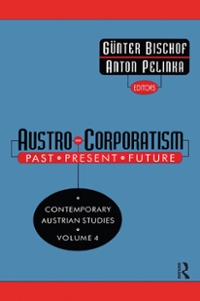Question
A consumer lives for two periods. Her first period income is zero and second period income is y' > 0. The initial real interest rate
A consumer lives for two periods. Her first period income is zero and second period income is y' > 0. The initial real interest rate is r1. Her first period income consumption is c and second period consumption is c'. There are no taxes in this economy.
(A) Write down the consumer's lifetime budget constraint
(B) Suppose that she considers c and c' as perfect complements and also prefers equal consumption in the two periods. Derive an algebraic expression for her optimal consumption in the two periods. Draw her budget constraint and indifference curve in a diagram. Show the endowment and equilibrium points in the diagram.
(C) Now suppose that the real interest rate decreases from r1 to r2. In a new diagram, show her initial and new equilibria. Show the income and substitution effects on c and c' in the diagram
(D) for this part, suppose that she considers c and c' as perfect substitutes and her utility function is u = ac + c' , where a is a parameter greater than 1 + r2 and smaller than 1 + r1. Once again, consider a decreases in the real interest rate from r1 to r2. In a new diagram, show her initial and new equilibria. Show the income and substitution effects on c and c' in the diagram? Briefly explain.
Step by Step Solution
There are 3 Steps involved in it
Step: 1

Get Instant Access to Expert-Tailored Solutions
See step-by-step solutions with expert insights and AI powered tools for academic success
Step: 2

Step: 3

Ace Your Homework with AI
Get the answers you need in no time with our AI-driven, step-by-step assistance
Get Started


